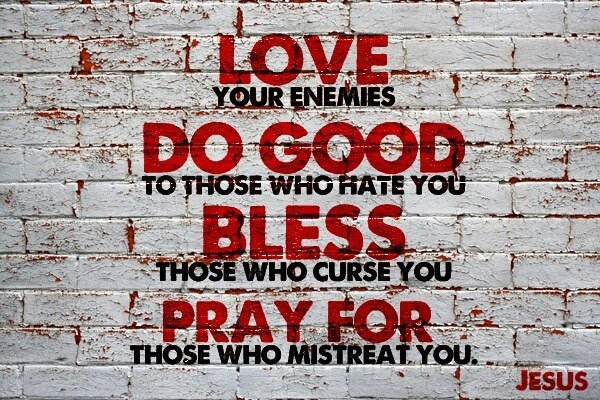
“Why are you friends with THEM?”
“Why are you nice to people like THAT?”
“I wouldn’t give them my lunch, let them get their own!”
“That’s my seat. You gotta move.”
“I don’t understand those people, they’re all idiots.”
Sad statements from a child on a playground. Even sadder sentiments heard and seen shared by grown men and women on social media and in real life.
This week’s study of John Wesley’s 3 Simple Rules looks at “Do Good”. It’s simple to say, simple to understand on the surface yet complex when you really consider the layers. Not so simple to carry out either, when you really consider all the people for whom we are called to do good.

Doing good puts you at risk for doing without something, giving up something others take for granted (including time) and giving up personal comfort by inviting ridicule from those who do not understand the rule nor practice it. So why do it? Jesus commands it when he says we are to “love our neighbor as ourself”. Matthew 22:36-40.
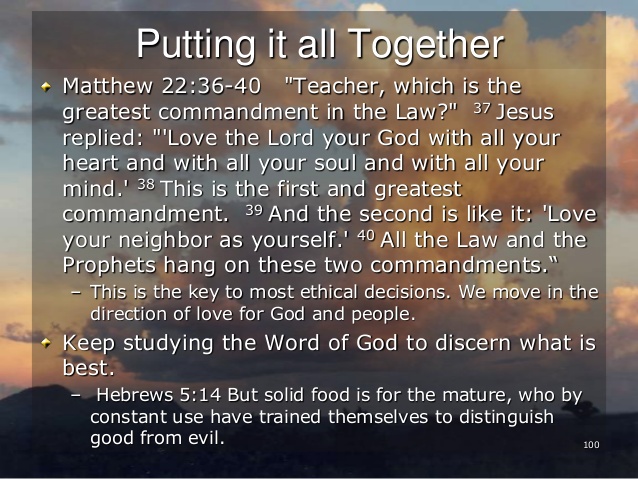
…”the mature…have trained themselves to distinguish good from evil”
If it’s what you would wish someone would do for you if you were in their position, it’s probably a good thing to do. A little help. Some relief. Understanding. A warm smile. Imagine yourself in their position. For instance, imagine you are the single homeless parent with two children, all living in your car. The store throws away old bread and other items they cannot sell but you’re turned down so often you decide maybe sending your son to ask for the gift of bread will move their hearts to respond. Maybe then they’ll understand that this is the only food a family of three may have today. The boy makes the request of the clerk. There is bread that will go into a trash bin later, but that’s not what drives the response. “No.” And as the boy gets into the car empty-handed, the clerk tells another, “she couldn’t even come in herself today to ask. Sends her kid! That’s terrible.” What’s terrible is that a provision ready to go (old bread) will not be connected with a family who not only wants it…they need it. What’s terrible is this was a choice, a judgement, imposed on another child of God.
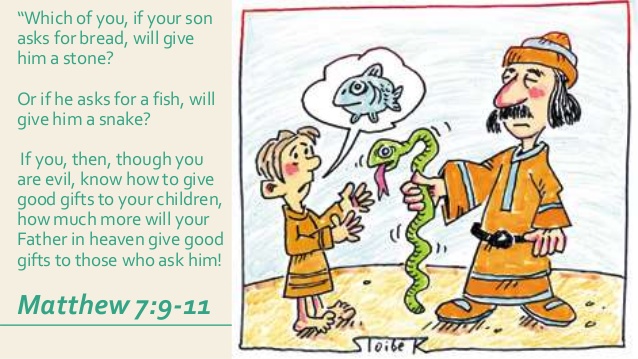
Never look an opportunity to be His hands and feet as anything less than the chance to do good. You don’t know their story. You assume you know by the look of them. You don’t know if they’ve looked for or are able to keep a job, you assume they didn’t and won’t. That’s not seeing others as God sees them. God is love. Love is relational. Relation requires relating. That requires more than a halting “no.” What if that was your son? It is another child of God. “What you do to the least of these…”
What you will learn from people working in social services is that there are very good people who find themselves in terrible circumstances a lot quicker and easier than you dare to think. Their “needs” become food, water, clothing and shelter. Formerly their needs were like ours; a quick car wash on the way to work, cellphone, cable tv, internet, new sneakers, an air fryer. Are there folks who abuse the system? Yes, there are. But not every poor person is abusing a system designed to help them. Many are making the very humble decision to eat and have a place to live rather than not, hoping to improve their situation. So who do we hurt most when we assume everyone is abusing our kindness, worse yet, undeserving of our kindness? Certainly the poor who need our help are hurt. But we also hurt ourselves. We become as hard-hearted as the most jaded person you know. Those people you can recall from your youth when you’d see a guy holding a sign asking for a sandwich. What’s the harm in giving them a sandwich? And the grown ups in your life explain it’ll start with a sandwich and they’ll just keep coming back demanding more and more. Before long, we stop doing any good at all because it’s “not worth it”. That’s what we were taught. That’s scary. It’s not what Jesus taught. He never said we are to become a doormat, but let’s be very clear about what Jesus did teach.
Jesus, our Christian life example, fed people more than food…but he fed them in John 6:1-15…
– Andrew brings to Jesus a boy with 5 loaves and 2 fish, enough faith to bring him to Jesus but no faith it’ll be enough food
– Jesus invites the 5000 to sit down, maybe for the first time in a long time, they’ve been traveling, and now, theoretically, it’s easier to see him and focus on what’s coming, rest is important
– Jesus gives God thanks for the provision of loaves and fish and begins to distribute to each as much as needed to satisfy their hunger
– All leftovers were gathered with enough to fill a basket each for 12. Jesus fed the 5000 and ensured another meal or more for the disciples all from the contribution of a boy’s lunch
– Knowing the large number wished to find him and force him to be their king…Jesus left, Jesus came to serve, not be served
He didn’t multiply the bread and fish so that he could be their king. He wanted to show them who he was. Read John 6:1-15. It’s a wonderful example of who Jesus is; he’s tired, he’s concerned about this large throng following him up a mountain where he hoped to get a little alone time with God, and instead chooses to do good…they have to eat, this is a necessity. It’s a long journey to Jerusalem. It talks about doing good, the risks involved, and that even Jesus understood when the good was served and it was time to move on to new good. They didn’t need a king. They needed to learn to rely on God, each other, give thanks for provision and put it to use because no provision is too small, none should go to waste…and keep on keeping on. THEY are the answer when living in relationship with God.
There’s wisdom in knowing when to move on to new good. When the good you sought to do has been done, and the good you try to continue to do the same way no longer fills the intended need and has created unnecessary dependence, it’s time to move on. Even in teaching, as he did during the three days after meeting the woman at the well when she testified to everyone she could and brought people to Jesus…he got them started with the basics and left to teach elsewhere and get more started. They had to practice what they learned and walk and grow together. They had to live it, not just hear it.
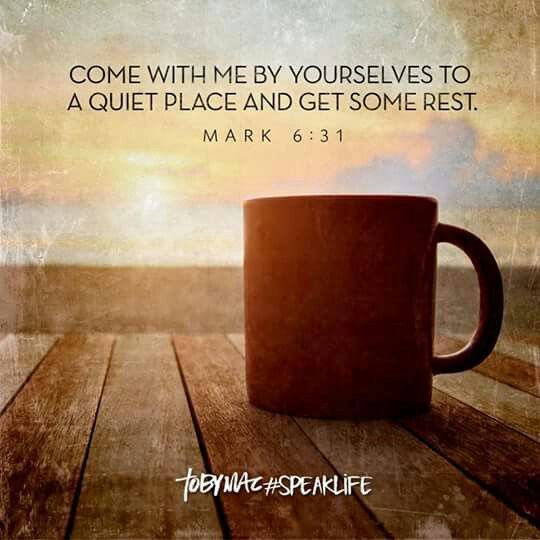
Do gooders need good, too. We cannot become so much about doing good for others that we forget we need rest, sustenance, and most importantly, the renewing of the mind through daily time spent reading and reflecting on Scripture. Time with Spirit isn’t optional, it’s required. That’s a great lesson, that we must rest and be fed physically and spiritually; foundational really, because when we pour out and pour out, we run out. We must be refilled daily for optimum good to be possible for others and ourselves.
to those who by patiently doing good seek for glory and honor and immortality, he will give eternal life;
Romans 2:7 New Revised Standard Version
Patience is a virtue. When you offer to help and to do good and it’s spurned or your idea is tabled by the committee, hold onto the intention. Sometimes our timing isn’t God’s timing. He’s merely planting a seed that needs to sit still in your heart for a time till He connects a few dots. When the timing is right and a door is opened we can run through it because we have patiently waited on God and were ready.
And remember that good old Golden Rule from Luke 6:31 “Do unto others as you would have them do unto you.“
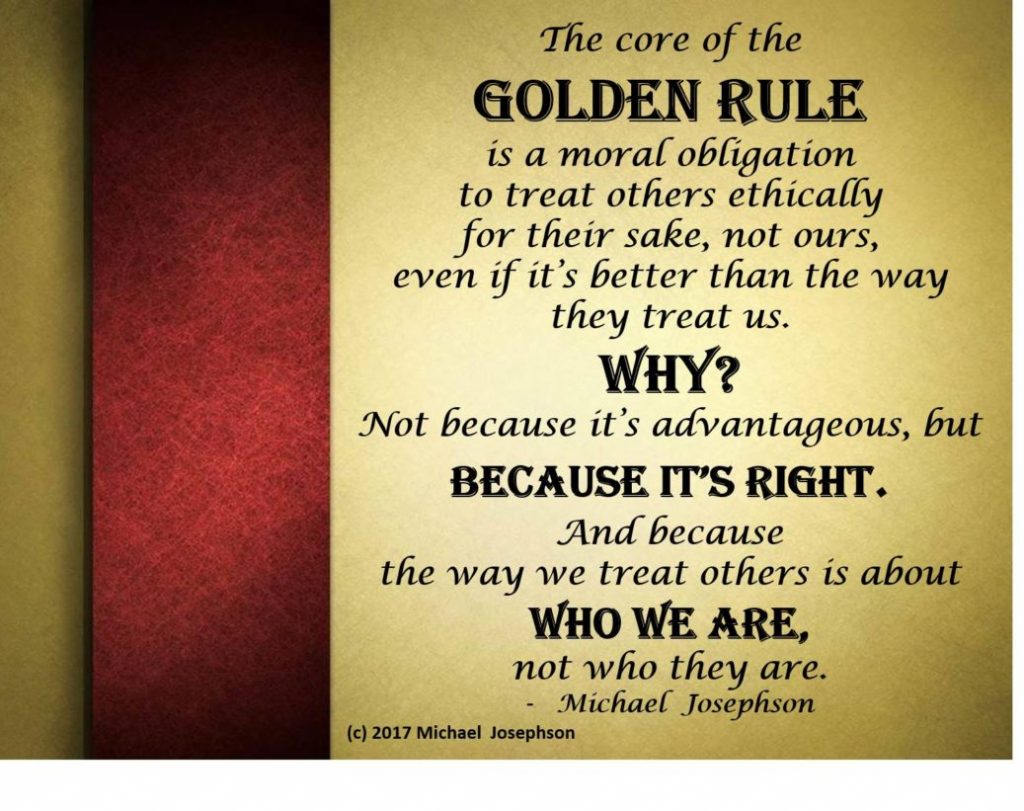
So. Who you are? 🙂
Coffee, Treats and Three Simple Rules Session 2: Do good
Join us for the 2nd session of the week Thursday 7pm at Trinity UMC, 224 Trinity Lane, Woodward.
